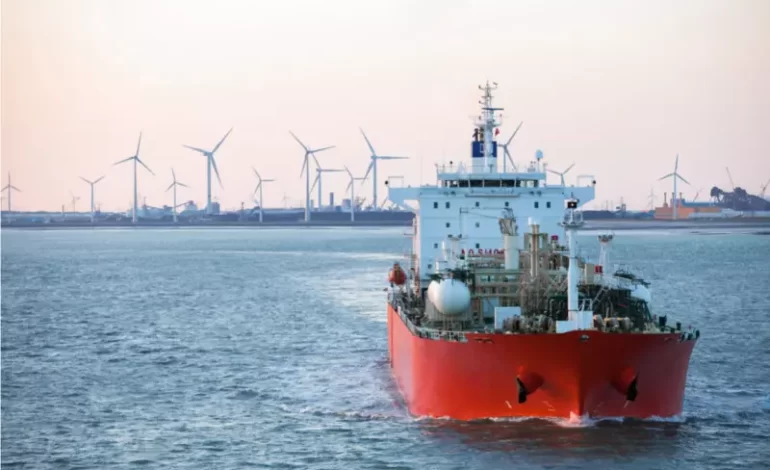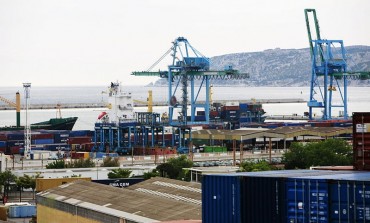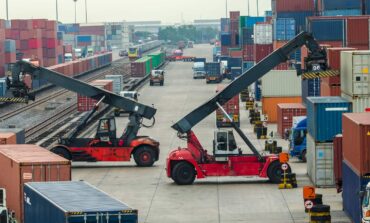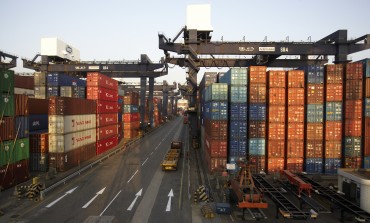 Category
Category

Jason Monios
Dr Jason Monios is Associate Professor in Maritime Logistics at Kedge Business School, Marseille, France. His research areas include intermodal transport and logistics, port system evolution, collaboration and integration in port hinterlands, port governance and policy, institutional and regulatory settings, port sustainability and climate change adaptation. He has led numerous research projects on these topics with a total budget of over €1m. He has over 70 peer-reviewed academic publications in addition to numerous research and consultancy reports, covering Europe, North and South America, Asia, the Middle East and Africa. He has worked with national and regional transport authorities and co-authored technical reports with UNCTAD and UN-ECLAC. Jason is a chartered member of the Chartered Institute of Logistics and Transport (CILT) and co-chair of the Intermodal Freight Transport SIG of the World Conference on Transportation Research Society (WCTRS), as well as a member of the International Association of Maritime Economists (IAME), the Port Performance Research Network (PPRN) and the Port Economics online initiative. He currently holds a visiting position at the University of Gothenburg, Sweden. ORCID: https://orcid.org/0000-0002-4916-9718
Author's Posts
 Category
Category

















